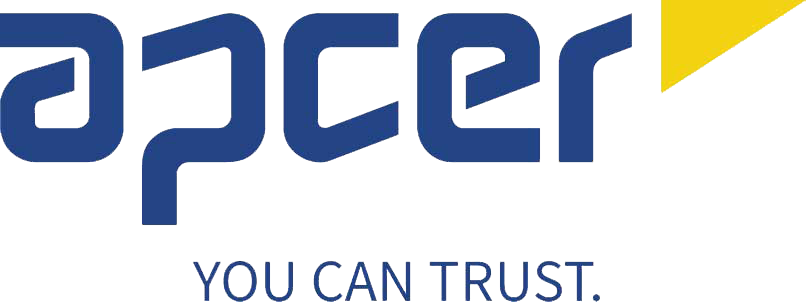The IFS Food standard is an international reference created to guarantee food safety and quality throughout the production chain. It analyses products and production processes to assess a food industry's ability to produce safe, authentic and quality products in accordance with legal requirements and customer specifications. It serves as a recognised and widely adopted standard in the food sector, establishing detailed criteria for the assessment and certification of companies that process or pack food.
The first IFS Food standard was published 21 years ago and there are currently more than 20,000 certificates. The latest version, IFS Food Version 8, published in April 2023, has brought important changes and improvements to further strengthen food safety.
Among the reasons for this revision are alignment with the new Codex Alimentarius, the benchmark criteria of the Global Food Safety Initiative (GFSI 2020) and ISO 22003-2 for product and process standards.
The main changes introduced in version 8 are:
- Alignment with Codex Alimentarius, ISO 22003-2 and the GFSI benchmarking requirements.
- The B score is again categorised as a deviation: companies can define a correction and corrective action to improve their performance on an ongoing basis.
- Introduction of the IFS Star status to indicate that the audit was unannounced. In this way, stakeholders in the supply chain can immediately see that the certified company stands out.
- Revision of the times associated with certification, which are significantly shorter but in line with GFSI requirements.
- Restructuring of the checklist, which follows the audit process more consistently.
- Companies must define objectives for each of the four dimensions of food safety culture.
- It is possible to add an EU PDO (Protected Designation of Origin) or PGI (Protected Geographical Indication) to the IFS certificate with a disclaimer.
- The wording of the checklist is more coherent and clearer, to better clarify the intention of the requirements. In addition, the word "assessment" has been changed back to "audit", in line with ISO 22003-2.
Companies with IFS Food version 8 certification have the following advantages:
- International recognition: IFS Food Version 8 certification is internationally recognised, adding value and credibility to the products of certified companies.
- Compliance with Legal and Market Requirements: Complying with the IFS Food Version 8 standard helps companies fulfil not only legal requirements, but also market and customer demands, opening doors to new business opportunities.
- Improved Food Safety: The standard strengthens food safety management systems, reducing the risk of contamination and guaranteeing product quality.
- Increased Operational Efficiency: By implementing the requirements of the standard, companies often find opportunities to optimise processes, reduce waste and increase operational efficiency.
- Improved Customer Reputation and Trust: IFS Food Version 8 certification highlights companies' commitment to food quality and safety, which strengthens brand reputation and builds customer trust.
The IFS Food Version 8 standard represents a significant step forward in guaranteeing food safety and quality. Its changes and improvements strengthen management systems and provide companies with competitive advantages, enabling them to achieve the highest standards of excellence in the food industry.















